Sr. Bibiana noted that the exercise of dialogue can also be beneficial for inter-congregational harmony.
Highlighting the challenges that Religious institutions are grappling with, Sr. Bibiana said, “Throughout the ages, religious life has never been easy. This institution is faced with both opportunities and challenges.”
“Religious life is lived in a world that is slowly progressing from peace to chaos, love to hatred, honest to dishonest, truthfulness to lie, from disease to disease, poverty to riches, riches to poverty, and from faith to faithlessness among others,” the lecturer in African Culture and Religion said.
She further said that the underlying issues in all the challenges facing Religious Congregations is the lack of financial policies.
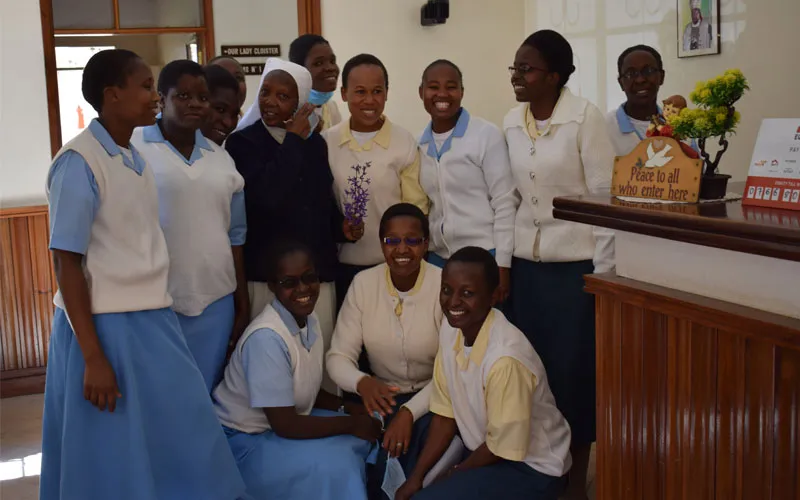 Credit: ACWECA
Credit: ACWECA
(Story continues below)
According to the LSOSF member, many Religious Congregations do not have established financial policies that could help guide Sisters in the use of congregational funds and resources.
In such scenarios, the don at CUEA observes, individuals end up withholding salaries or finding alternative ways of acquiring funds for private use or providing for their families.
“The lack of well-trained Sisters in strategic planning, finance skills and policies is the cause of poor budgeting and accountability in Congregations,” the Nun asserts, and adds, “These skills would help foster collective responsibility for the common good that lies at the heart of religious community life.”
She says that matters of financial insecurity might impact the future sustainability of Congregations and all that pertains to their spiritual and temporal welfare.
She quotes a 2016 report, which indicated that there was an ongoing struggle to generate funds to cover costs in Congregations because remuneration from Diocesan or Parish ministries, in which the majority of sisters were engaged, was extremely low.
“Sisters seek secular jobs where they receive better returns but this on the other hand becomes a loss of talent for church ministries,” Sr. Bibiana says.
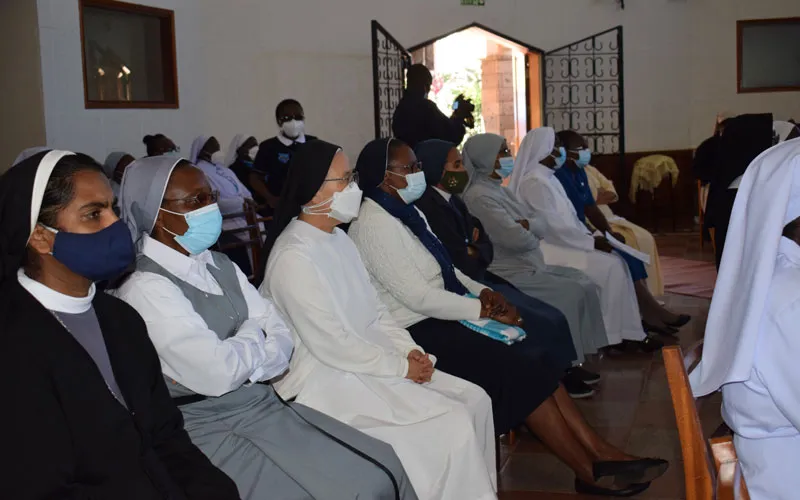 Credit: ACWECA
Credit: ACWECA
To tackle the harsh economic times for Religious Congregations, the Catholic Nun further underlines the importance of collaboration between various Congregations. She also insists that Congregations become creative in sourcing for funding instead and avoid overreliance on donor funding.
“It seems there is great need for Congregations to find ways to collaborate with each other to meet these common economic needs, and particularly to break away from dependence on resources from overseas donors or salaries only,” the Kenyan Sister says.
Agnes Aineah is a Kenyan journalist with a background in digital and newspaper reporting. She holds a Master of Arts in Digital Journalism from the Aga Khan University, Graduate School of Media and Communications and a Bachelor's Degree in Linguistics, Media and Communications from Kenya's Moi University. Agnes currently serves as a journalist for ACI Africa.
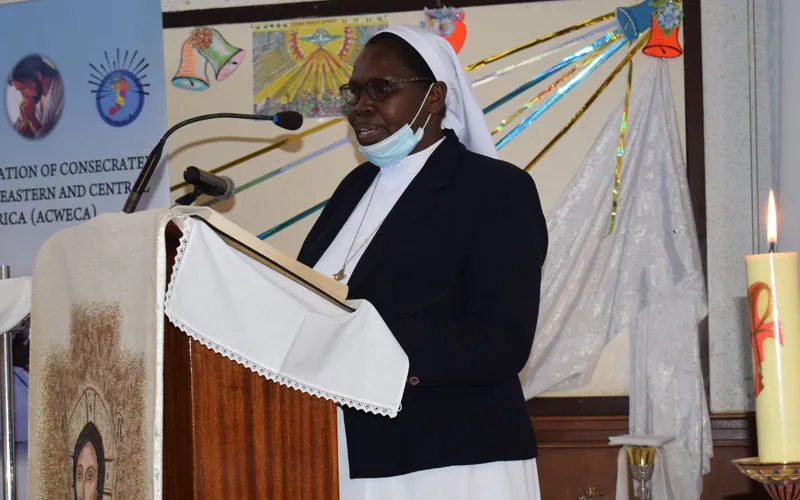 Credit: ACWECA
Credit: ACWECA


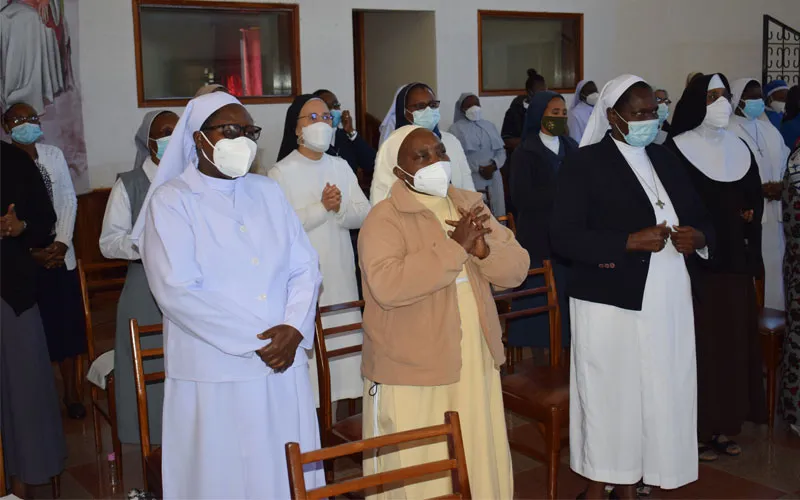
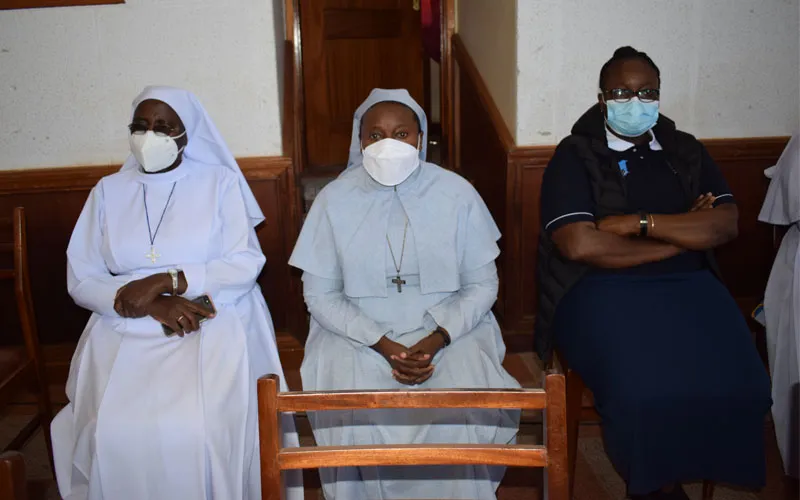 Credit: ACWECA
Credit: ACWECA
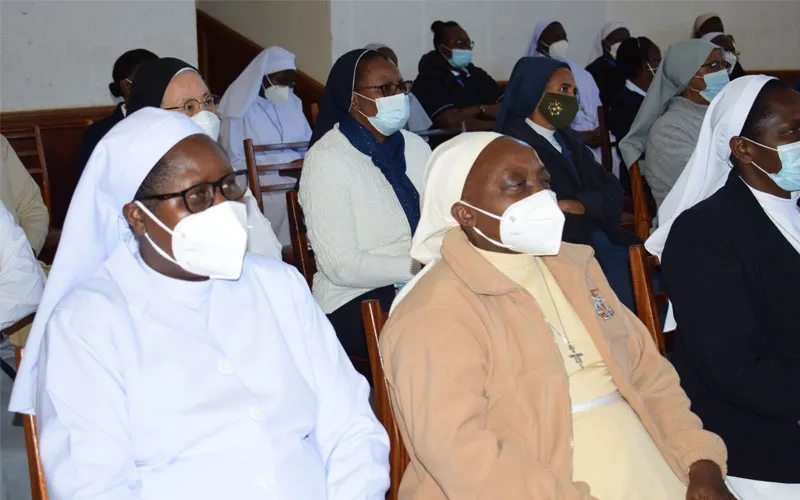 Credit: ACWECA
Credit: ACWECA Credit: ACWECA
Credit: ACWECA Credit: ACWECA
Credit: ACWECA


